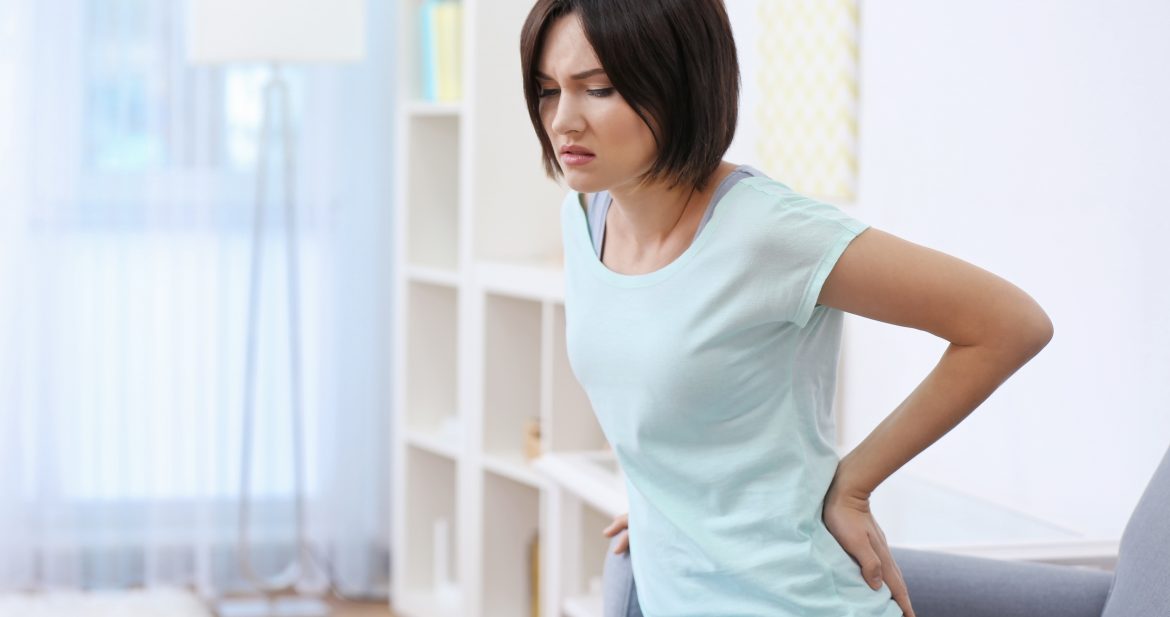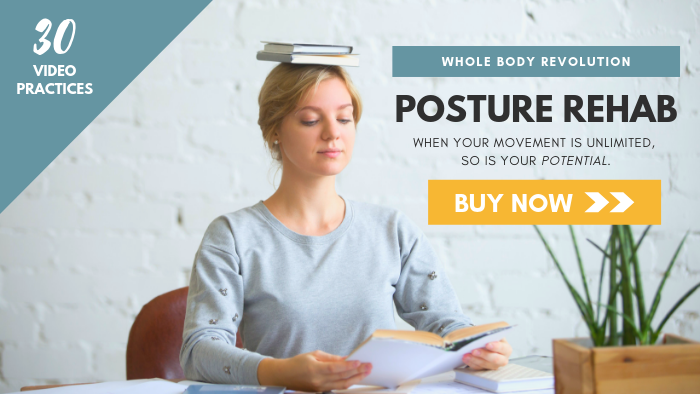If you’re like most people, you probably don’t really want to know much about back pain. You certainly don’t want to have to get a medical degree to figure out the reasons why your back hurts and solutions to fix it.
You simply want to be healthy… to sleep peacefully, wake up refreshed, and do the things you love in life — without your back spasming when you bend over to put on your socks, or seizing up after a leisurely bike ride with the family.
I get it.
Back pain is the number two complaint in my office (neck pain being number one), and I’ve helped hundreds (yes, hundreds) of people to transform from bent over in agony to standing straight and walking normally.
But here’s the thing…
Most people don’t treat their back pain until it’s (nearly) too late. That minor ache in your lower back? The twinge when you pick up your toddler?
You’ll probably ignore those. That is, until you can’t do those things without sidelining yourself from your daily activities for a day or a week, or even a month.
And you might think:
It’s just a minor back ache. No big deal. Right?
Wrong.
Back pain has an insidious way of causing even more disorders. It trickles down to affect other areas of your health and your life.
Here are three ways that back pain can unknowingly cause you more health problems, and the solutions to get you out of trouble fast:
1. You move less when your back hurts.
That minor ache in your back does more than annoy you and wake you up at night. When your back hurts, you’re more likely to stay sedentary because, well, your back hurts.
You’ll opt out of the bike ride, the basketball game, or cut your daily walk short to protect your sore muscles and aching spine.
It makes sense…when your body is in pain, you don’t want to move and make it worse.
But I have bad news for you:
Staying sedentary is terrible for your health — and for your back pain. We are experiencing an epidemic of diseases related to a sedentary lifestyle. Increased technology-based jobs mean people are sitting for longer stretches of time, and for more total hours.
That makes you more susceptible to conditions like heart disease and death.
Yikes!
What to do about it:
The first thing to do is have your back checked out by a qualified doctor to rule out any major causes of back pain that would require medical attention. Once you have the green light, movement is key.
Muscles cannot be tight if they’re moving. And movement also lubricates joints by warming up and spreading synovial fluid — basically your body’s WD-40.
Of course, when your back is prone to spasms, slow, gentle movement that focuses on increasing mobility is best. Moving too quickly will just perpetuate the pattern of spasming.
(This is exactly what I cover in my Posture Rehab system, which you can find here.)
2. Back pain causes muscle bracing which can hurt digestion
It’s really common for people with back pain to tighten their back and core muscles in order to guard the area. This muscular armoring prevents painful movements in your back and spine, sure.
But it also causes a lot of digestive problems. While your organs don’t necessarily cause lower back pain, they are impacted by it. Digestive organs use something called motility — a wave like motion — to move food along.
Too much tension in your abs can restrict motility, thus slowing digestion. And, frankly, guarding your back might solve the problem in the short term, but over time it will ultimately cause you more back, hip and even neck pain.
Not good.
What to do about it:
Breathe. In my practice, I find that relieving tension around your ribs, lungs, and diaphragm muscle results in more relaxation through the spine and abdominal muscles.
Breathing is so important, in fact, that it’s the entire topic of the first module in Posture Rehab. If I could tell you to do one thing to improve the health of your body (including your spine), it would be to work on your breathing.
(You can click here to check out Posture Rehab and enroll.)
3. Back pain makes it hard to get enough sleep.
Have you ever woken up in the middle of the night with pain in your back and been unable to get back to sleep? This is more than a mere annoyance.
Sleep is imperative to your health. Not getting enough sleep makes it impossible to function properly the next day.
Yeah, yeah, you’re thinking. I know I should get better sleep. But I’m okay, I make it through the day.
**guzzles 32 oz coffee**
Did you know that losing just one hour of sleep can increase your risk of a heart attack by 24%?
Not cool. Not cool at all.
And while you might think you can catch up on sleep later, the truth is that sleeping is kind of like breathing. You can’t hold your breath for an hour and just breathe more later to make up for it — the damage is done.
Well, sleep is like that, too. If you don’t get enough of it, it hurts your health making you more prone to cancer and diabetes, and recovery isn’t possible.
“The shorter your sleep, the shorter your life.” — Dr. Matthew Walker, neuroscientist and sleep researcher
What to do about it:
If your back pain is hurting your sleep, get help! Have the pain checked out by a medical doctor first just to make sure it’s not a symptom of some underlying disorder.
Then, take steps to improve the health of your back. Movement is key, but not just any movement.
Here’s an unpleasant truth:
I have clients who are extremely fit. They go to the gym, they lift weights. Some do yoga, or even contortion training!
And yet, they still have movement restrictions that cause them pain.
Why? Because “just moving” doesn’t solve the overarching problem — you have areas of your body that **don’t** move.
These “frozen” body parts will stay frozen unless you implement very slow, intentional movements designed specifically to defrost them.
The bottom line is…
You have to first dissolve the unhealthy movement patterns your body has developed before you can learn newer, healthier ones.
It’s like clothes…you wouldn’t put on a fancy dress over the top of your jeans and t-shirt.
First you have to remove one layer of clothing and then you can put the new one on.
Well, first you have to remove the dysfunctional movement pattern before starting a new, functional one.
And that’s what Posture Rehab is all about. I designed the system to be a DIY version of what I do for my clients in my office. It’s like having a bodyworker come to your house and work out all the knots and kinks in your muscles — only better.
Why?
Because once you have Posture Rehab, you have these tools for a lifetime. That means you can take care of your body on your own. You can nip any problems in the bud.
You’ll never again have that fear that your body will hurt forever, that you’re broken beyond repair. Because you’ll have all the tools you need to address these problems before they have time to sabotage your health.
So, what are you waiting for? Get in here! Click here to enroll now in the Posture Rehab system.


Leave a Reply